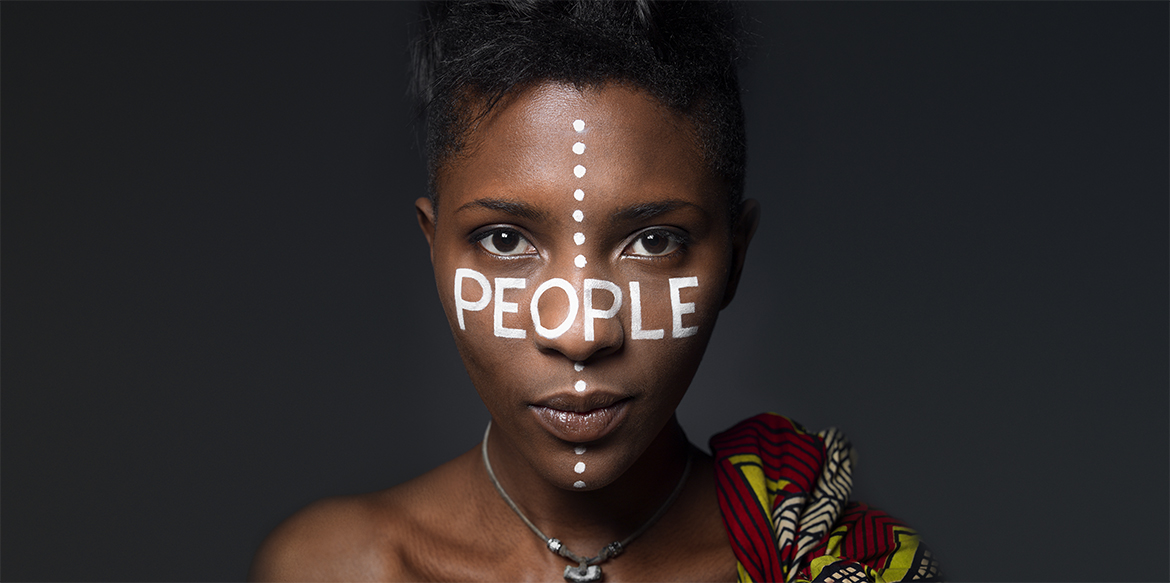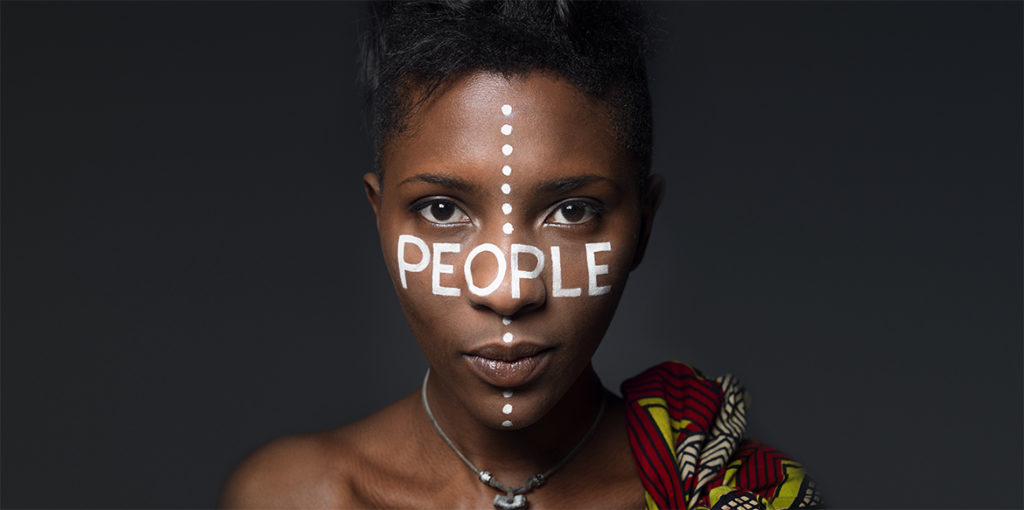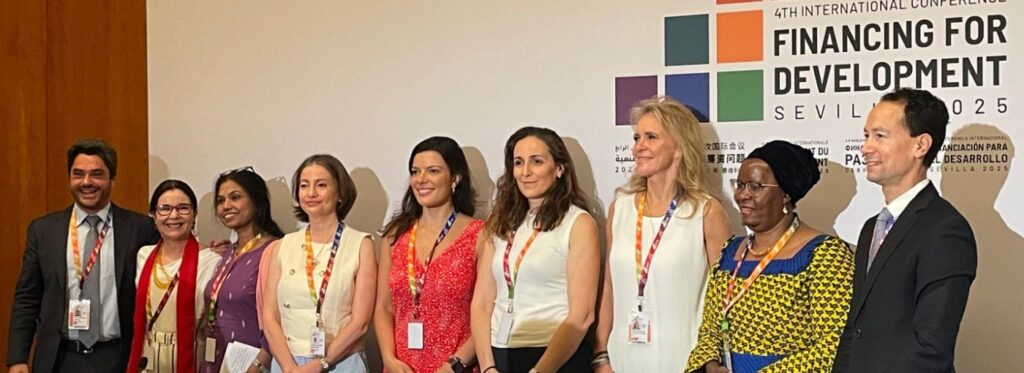id=”800″ id=”post-2381″ class=”wp-post-content-block ” itemscope itemtype=”http://schema.org/BlogPosting” itemprop=”blogPost”>
COVID-19: Caught between the monster on the street and the monster at home
By Vimbai Chandaengerwa
As part of the global fight against the coronavirus, many countries have followed the #StayHome call. Over 90 countries and territories have ordered national lockdowns and encouraged social distancing to slow down its spread. Although the measures are necessary to this end, they’re very hard to follow in many contexts. Their effectiveness may be hampered by economic challenges, social norms, living arrangements and limited social protection for the most vulnerable.
Recent reports from several countries suggest staying at home increases incidences of domestic violence. Especially in homes where the distribution of power and resources between men and women is unequal. The consequences of response measures to the outbreak have thus left many women wondering which risk they would rather take, the virus or the violence.
A global problem
Globally, more than a third of women have experienced physical or sexual violence in their lifetime. But now, we’ve seen a dramatic increase in domestic violence cases since lockdowns started. For example, domestic violence increased by 32 percent in one week in France, and South Africa reported over 2300 domestic violence calls in the first week of their lockdown.
Gender Based Violence (GBV) stands as the greatest hindrance in the fight towards gender equality in developing countries, making this new surge a very great concern.
In Africa
Research shows the distribution of GBV is skewed towards low-income households that live hand-to-mouth and do not have a say in policy making.
In most African countries, women bear the brunt of providing for the family. Even though they often do not get the title, they are in fact the breadwinners. Even in families where the husband is working, women add to (extended) family incomes by taking low-paid jobs in informal sectors. These jobs offer no security; wages/income are mostly based on work done or goods sold. But despite their lack of recognition, women make important contributions to their household economy.
African families are not confined to the nucleus. Large extended families are the norm, and in low-income households more mouths to feed creates high stress environments for couples. A lockdown that confines large families to limited spaces and negatively affects household economies sets the stage for GBV.
So during this precarious period, global efforts must be directed towards mitigating the effects of lockdowns on household economies and resulting violence against women.
The financial impact
The fight against COVID-19 has shut down the world’s economic engines, with downstream consequences for everyone. This has disproportionately affected households that survive hand-to-mouth, with only daily earnings to put food on the table. As mentioned, women work mostly in the informal sector. So they also make up the majority of these households. In 2019, 94 percent of working women in Malawi were employed in the informal sector and up to 67 percent in Zimbabwe’s informal sector are women.
Some might argue that the loss of income during a lockdown is an acceptable outcome compared to the alternative. But the increase of GBV and femicides is also a great threat that, if left unchecked, may set back decades of work towards gender equality and protections for women and girls.
Income inequality is a leading trigger of GBV
Inequality in the distribution of power and resources has always ranked as one of the leading triggers of GBV in households, as disputes over finances usually end up in violent physical altercations. Men, who comprise the majority of the formal sector, have been in a better position to maintain their incomes. But women, working for example as street vendors, have suffered great losses in both stock and customers, and therefore income. Additionally, men in formal employment are in a position to receive government financial assistance during this period. All of this widens the power and resource imbalances between women and men in households.
It is therefore apparent that the measures to control the spread of COVID-19, although necessary to protect our health, are affecting daily wage earners in the informal sector more than anyone else and aggravating huge problems like GBV. This needs to be addressed immediately.
Is there adequate social protection?
The coronavirus comes as a reality check of various governments’ social protection policies. How are governments protecting the poor from the financial blows dealt by the fight against the virus? Countries like South Africa have announced relief aid to cushion South African residents (excepting most migrants). But this will definitely not be the case for suffering economies like Zimbabwe. Since Malawi and Zambia have yet to effect a national lockdown, they have not announced any social protection policies.
Without adequate social protection policies, incidents of GBV in individual households will just keep increasing. Governments must be quick to put into place policies that specifically reduce the income gap between women and men, especially in low-income households. This needs to work hand in hand with structures that support the emotional wellbeing of citizens during the pandemic. Such measures will go a long way in reducing stress caused by financial uncertainty, the overload of crisis reports, and alarmist fake news, all of which may translate into violence.
Call for leadership on GBV mitigation measures
GBV continues to be a leading concern in any work that promotes women’s empowerment. A global increase in GBV will inevitably undo decades of progress made towards empowering women to be more vocal and assertive in claiming their rights.
So we need to increase support for women’s self-organization and community-based initiatives to address GBV through neighborhood support groups. And where possible, set up informal spaces within communities to respond to women and girls in need of assistance.
What should we do?
Global leaders, especially women leaders, must put their heads together in the fight against GBV. For example, we can advocate for more stringent punishment to dissuade perpetrators. We can try to ensure policies are put in place to respond to GBV at a community and household level. International organizations have funneled billions towards GBV, but this has not translated into positive results. Lenient judicial systems, male-dominated cultures, and deep-rooted patriarchy prevent women and girls from coming forward and confronting perpetrators.
Solutions to GBV do not lie solely in non-governmental interventions. During the COVID-19 crisis, citizens, governments and the international community must work together to find solutions that will last beyond the pandemic. This includes solutions that rehabilitate perpetrators and support women and girls who fall victim to GBV. Women leaders have the opportunity to raise their voices on such issues across party lines and effect a lasting change of the culture and norms that underpin the violence.
Looking at the world with different eyes
COVID-19 has led us to look at the world with different eyes. Women’s safety in personal spaces and women’s financial viability are essential if we want everyone everywhere to follow measures that will help stop the spread of the virus. The current pandemic comes is a test of our societies, values and social structures.
There’s still time to re-evaluate our COVID-19 responses and ensure they are gender sensitive and mitigate the devastating financial losses that affect the most vulnerable. Let’s not waste it.





